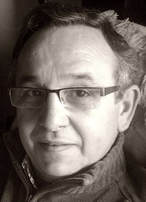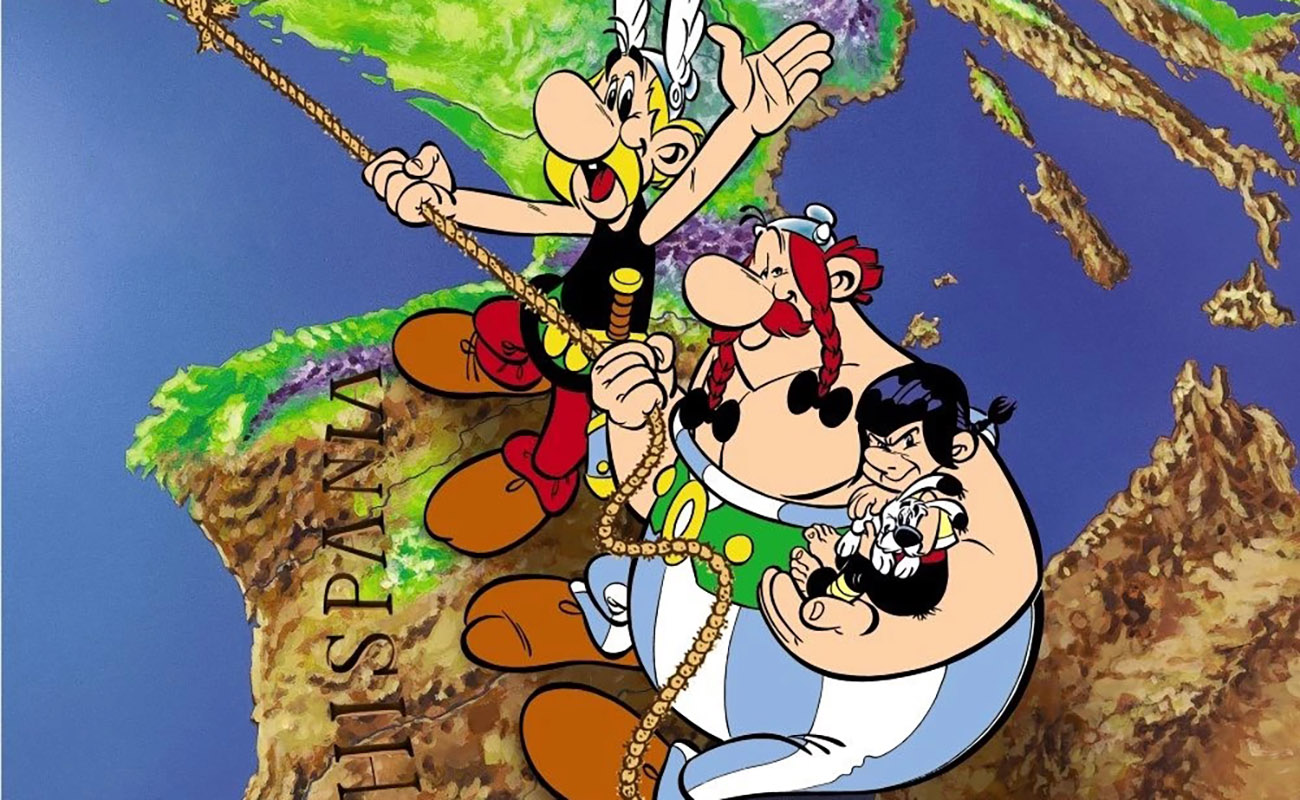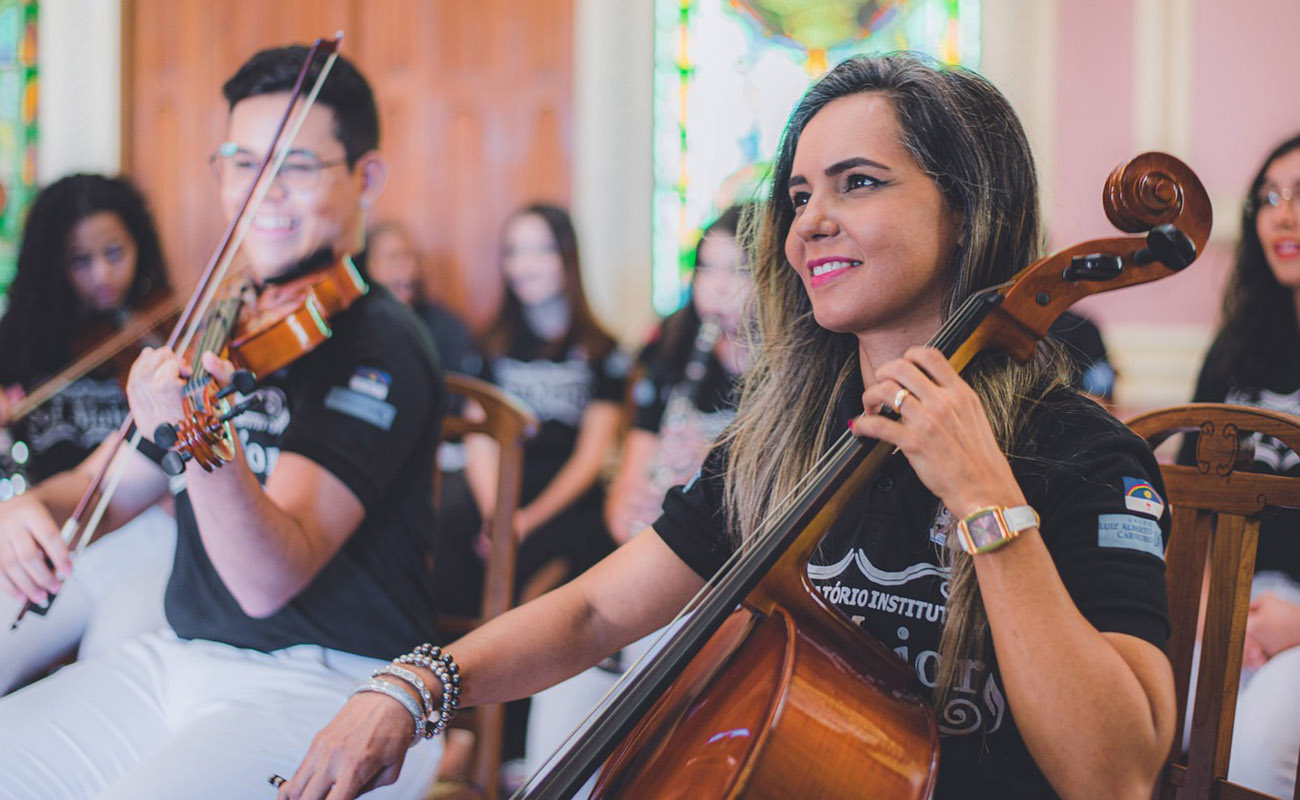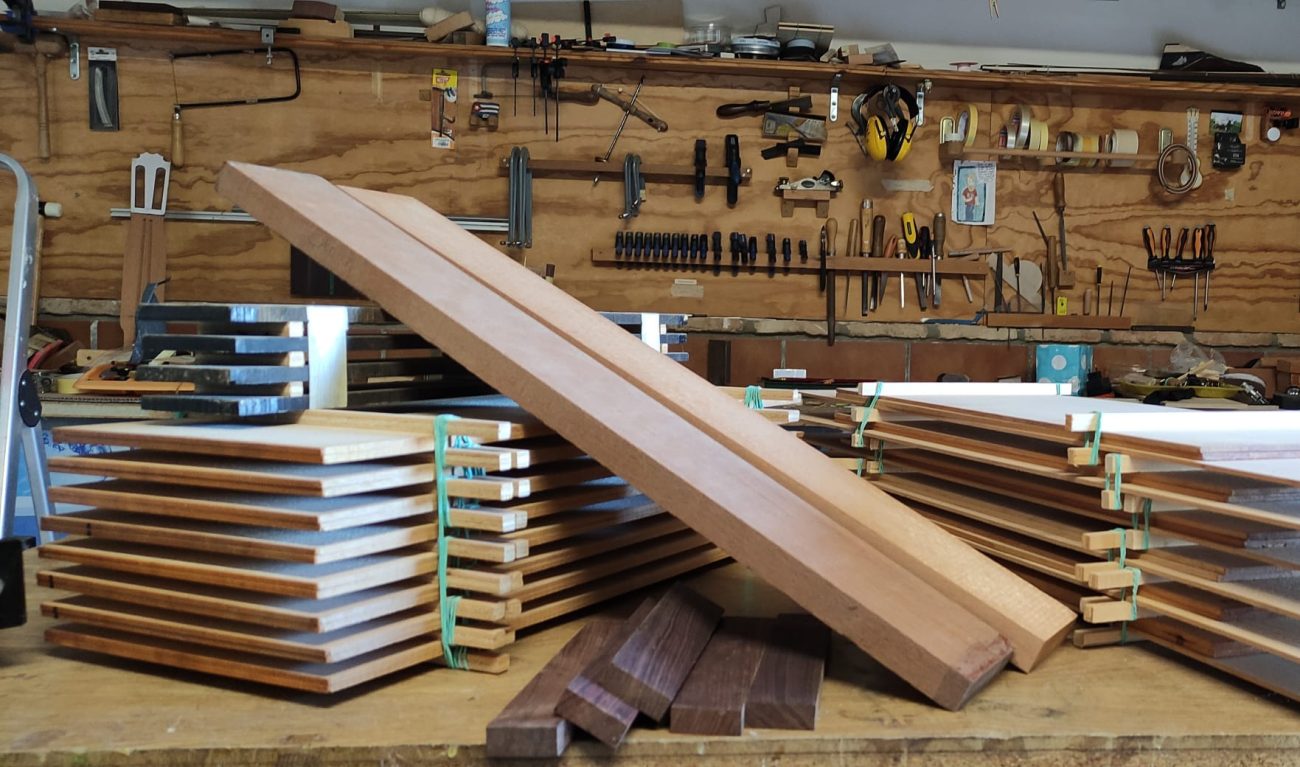Flamenco rules and flamenco academies
In the last few years, we’ve seen an explosion, in Spain and elsewhere, of academies of cante, baile and guitar, master classes about every flamenco subject, flamencology doctorates, specialized courses in compás flamenco
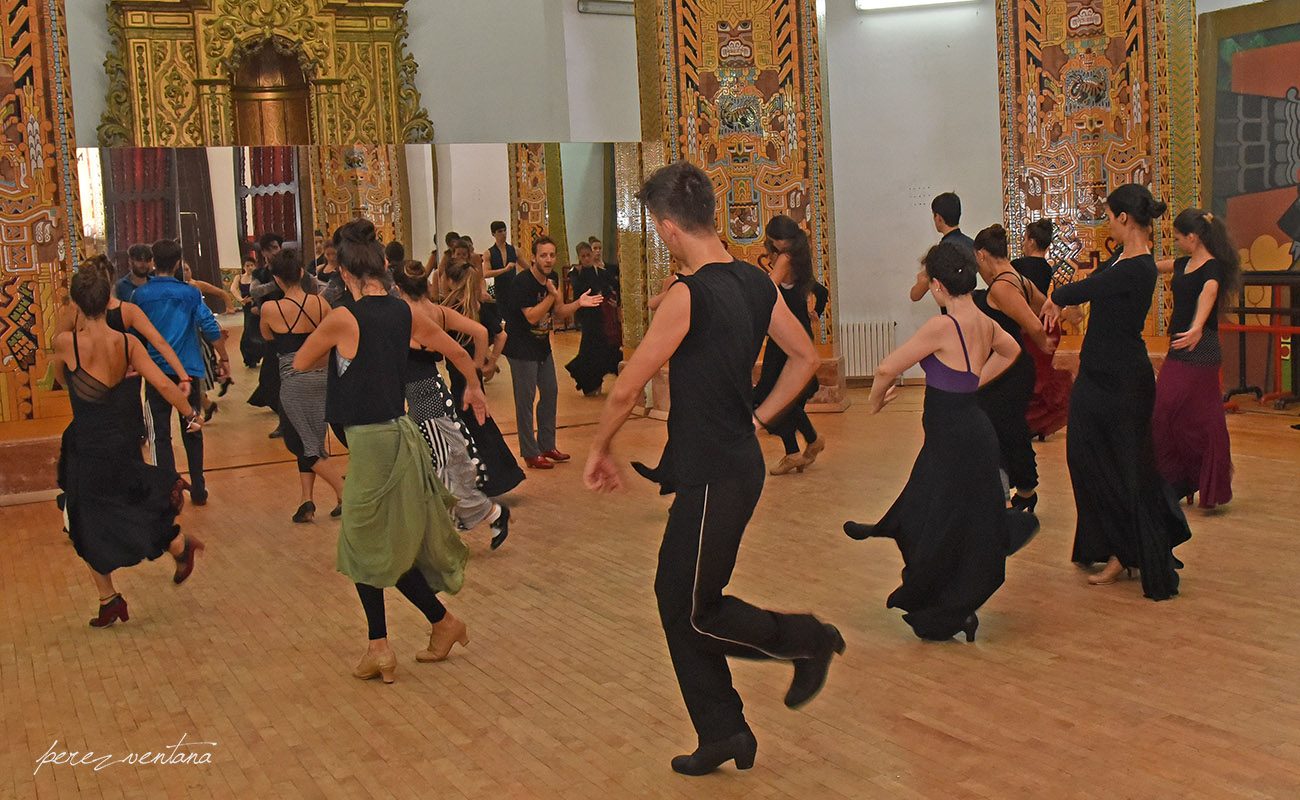
In the last few years, we’ve seen an explosion, in Spain and elsewhere, of academies of cante, baile and guitar, master classes about every flamenco subject, flamencology doctorates, specialized courses in compás flamenco, as well as a long litany of workshops and similar courses, all aiming to set precise and objective rules and standards, apparently to teach the new aficionados the only legitimate flamenco that can possibly exist.
Some of us may believe that it’s possible to consolidate a specific model of exclusive, genuine, true and “pure” flamenco. Others may fear that standardized flamenco teaching is becoming institutionalized when there’s barely any agreement regarding all aspects of flamenco.
For example, knowing what we know today about how wrong and misleading a lot of flamenco information actually was, as each day we learn about bias and errors in flamenco books and publications, how can we trust the knowledge of those “teachers” who grew up believing those things? Regarding the subjects to be taught, who has the authority to set them up, with which criteria, and based on which principles (literary, artistic, musical, aesthetic, documentary)? Who would establish a logical order to a systematic and coherent syllabus which is truthful, didactic and educational? Then there’s the matter of who would train the examiners, whose mission would be to evaluate and grade the new flamenco students in the age of the internet. That is, there are too many unanswered questions while the teachers are out teaching and promoting themselves with big fanfare in lots of websites. They’re being paid for it, too, of course. Paid purity. Flexible legitimacy. Would someone with a flamenco doctorate, but without any personal artistic experience, be better qualified to teach a master class than a flamenco professional artist without any teaching degree?
Cynical people may believe, right or wrong, that this whole industry of flamenco teaching actually seeks, in passing, to prevent anyone falling in the temptation of questioning some sacred taboos.
Putting aside those thorny questions, which must be settled before getting started on such a touchy subject, I ask myself the following: in this new way of learning flamenco in air-conditioned classrooms, or from YouTube, videos and tablets, with a car in the garage and sheltered from poverty, what about life experiences? What about experiencing hunger, the urge to overcome misery, having intuition, imagination, talent, malice, grace, wit, creativity and the ability to adapt and improvise? That is, the personality shaped by the social environment and genetics.
Flamenco is an art which was created from the deepest reaches of the soul and body, and those life experiences I mentioned are an essential part of it. From the most wonderful love to the most intense hatred, from the greatest joy in life to the most tragic of deaths, from the deepest atheism to the most fervent belief; all, all of this has shaped flamenco.
As far as I know, the only school attended by Silverio, Juan Breva, Chacón, Manuel Torres, La Niña de Los Peines, Tomás Pavón, Manuel Vallejo, El Niño de Marchena, El Gloria, Manolo Caracol, Antonio Mairena, Pericón, Juanito Valderrama, Terremoto, Fosforito, La Perla, Camarón and five hundred more, was the university of hunger and misery, of poverty and talent, of creativity, of individual personality, of uniqueness and all its aspects, as essential factors which have defined and enriched flamenco.
Most of these artists never even had an opportunity to learn how to read and write. Yet, from their illiteracy and their deepest life experiences, the created today’s flamenco. Them, Gypsies and non-Gypsies, with their talent and their hunger, with their envy and fantasy, without anyone telling them what model to follow and what model to discard, without having learned compás from a clock or a computer, and having as examiners only their public and their own criteria.
That’s why I think that many things must be sorted out before standardized flamenco, master classes, workshops and flamenco teaching in general, are attempted to be taught as if flamenco was something consolidated and unquestionable. Otherwise, we’ll end up in a veritable maelstrom, a multicultural Babel tower, a complete mess. We must first find the way out of this maze, before we attempt to teach others how to solve it.
